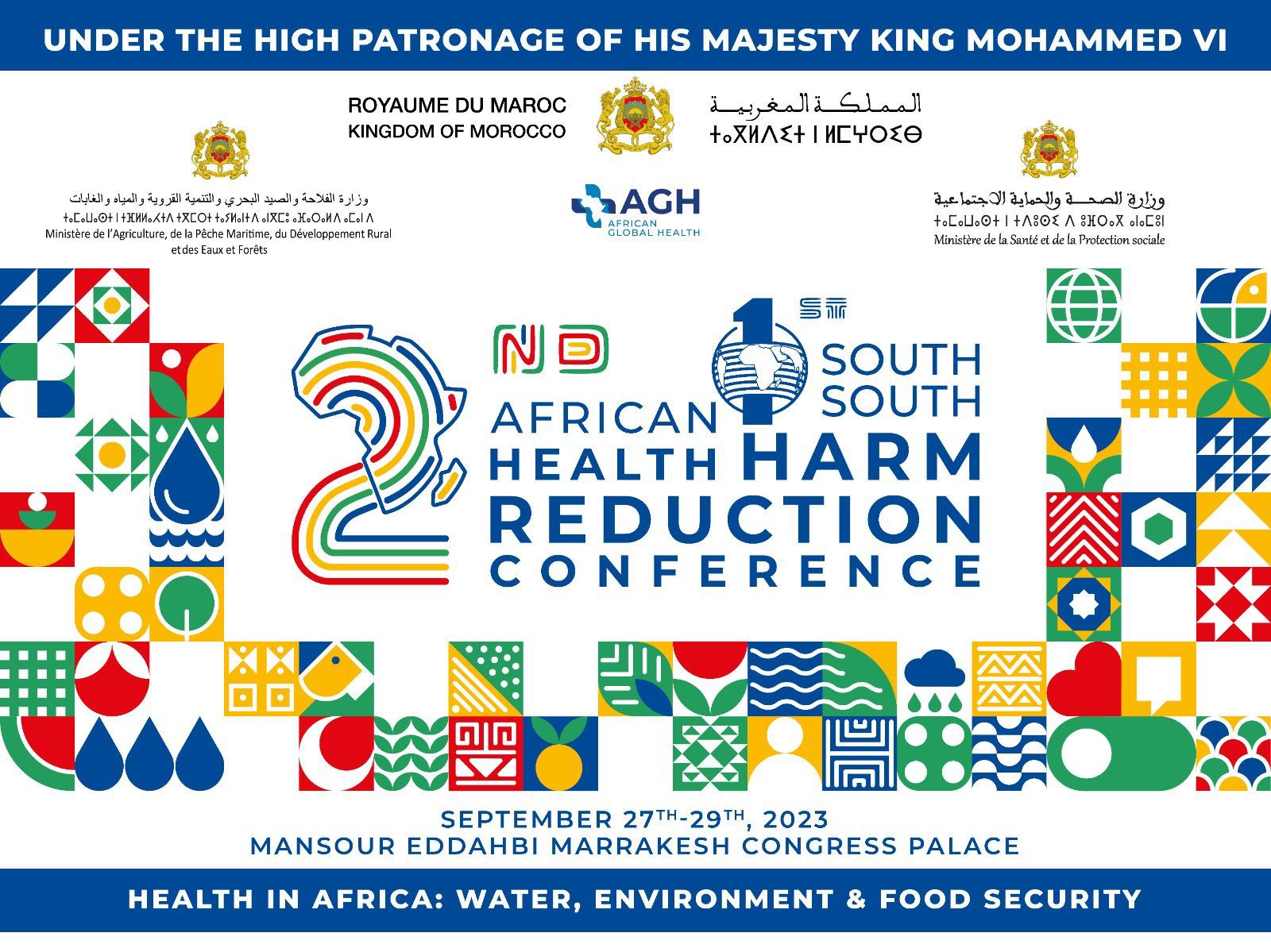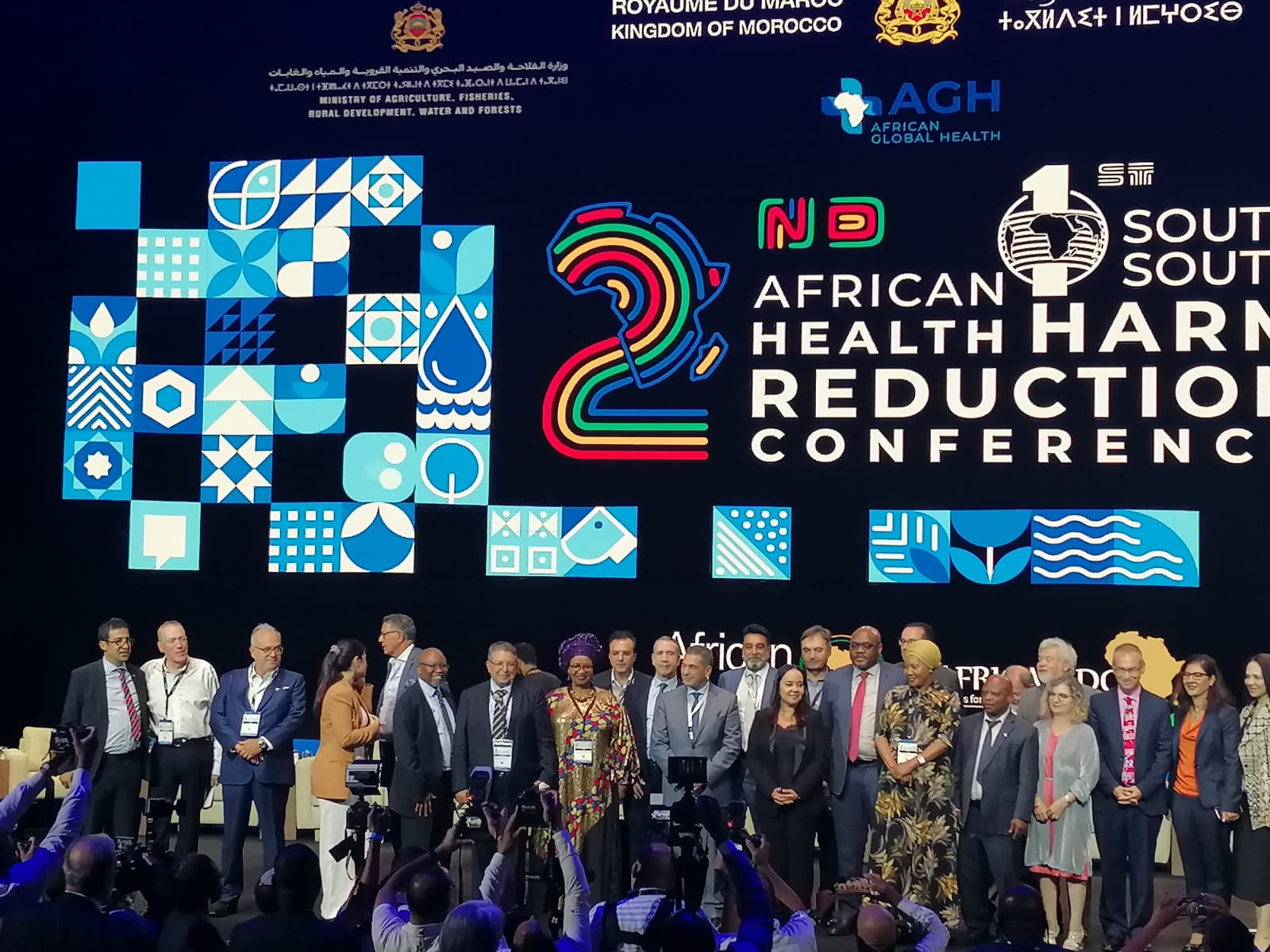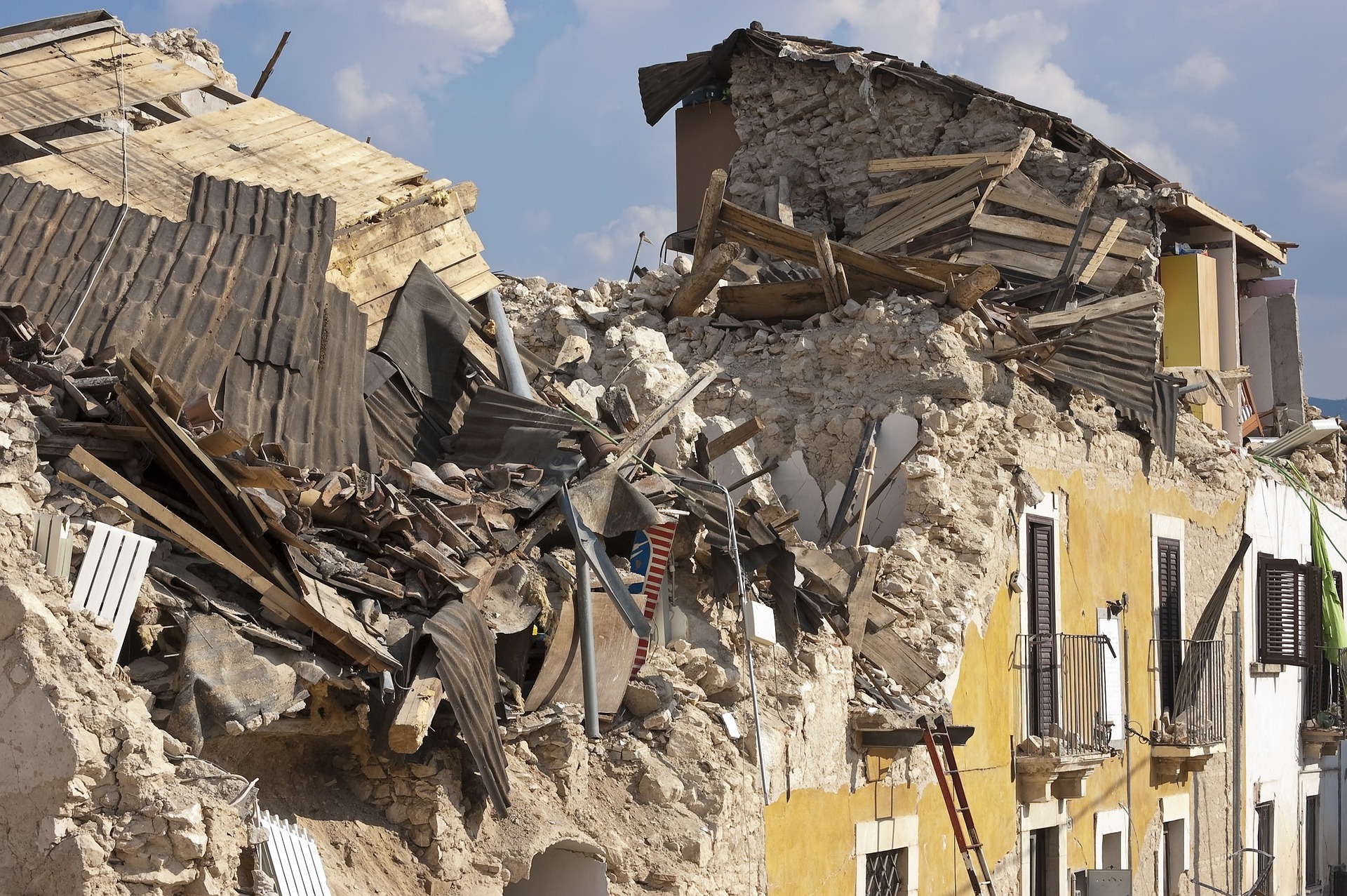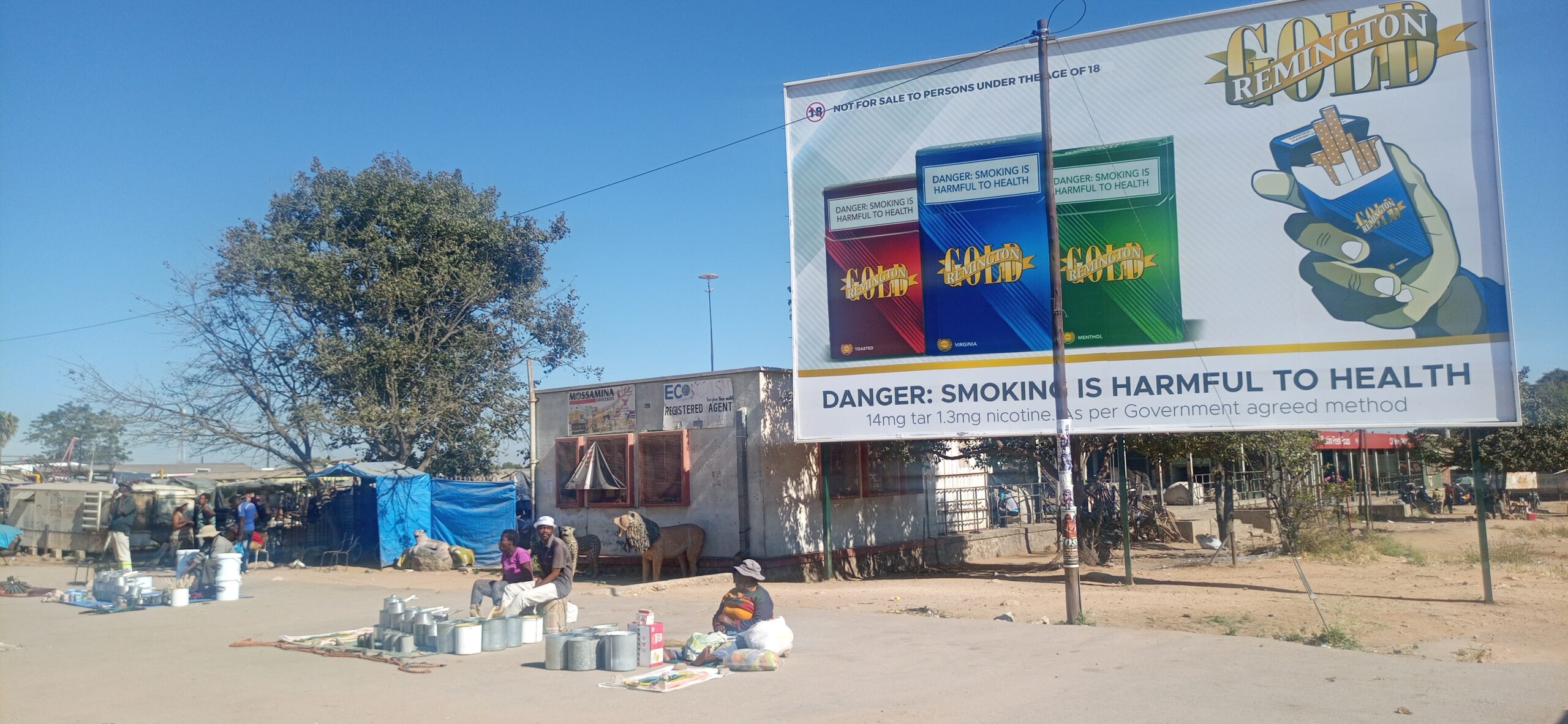African countries have been urged to build more robust health systems that can withstand the impact of natural disasters long after they occur.
Dr Delon Human, a physician and expert on harm reduction in food, alcohol, and tobacco, said natural disasters have a more prolonged impact on health systems after lives have been saved.
Countries were urged to implement health and risk communication and early diagnosis and treatment tools in the affected communities after natural disasters.
Dr Human said in the aftermath of disasters, the focus needs to shift toward communicable and non-communicable diseases (NCDs).
“Most communicable diseases after a natural disaster are airborne, such as influenza, tuberculosis, and diarrheal diseases, and measles,” he said.
“These diseases affect the population directly after the disaster, so if we look at what sort of harm reduction could be used to help save lives, we look at rapid resistance and ensure there is a rapid implementation of control measures.”

Dr Human was speaking during the Second Conference on Health Harm Reduction in Africa, which took place from September 27 to 29, 2023, in Marrakech, Morocco.
The conference was hosted by Africa Global Health (AGH), which comprises experts focused on developing public health policies to address African countries’ economic, educational, social, identity, and cultural aspects.

Gathered under the theme Health in Africa, Water, Environment and Food Security, various experts discussed the continent’s healthcare and food systems, aiming to ensure equitable access to sustainable and high-quality healthcare services for all citizens.
On September 8, the southwest region of Marrakech experienced one of the largest earthquakes to have ever hit Morocco.
Dr Human said safe water, sanitation, ensuring that primary healthcare services are running, and ensuring that immunization programs are ramped up are some measures that could be used to reduce harm.
These were measures that he believed could be used in a country like Morocco as it tries to deal with the aftermath of the earthquake.

On September 8, the southwest region of Marrakech experienced one of the largest earthquakes to have ever hit Morocco.
Up to 3,000 people died, more than 5,500 were injured, and more than 380,000 were affected.
According to Prof Lahcen AIT Brahim from the Department of Geology at the Mohammed V University in Rabat, the zone that was struck by the earthquake had not shown any seismic activity before the disaster.
African countries have had catastrophic disasters, five of which happened in just one year since disaster record-keeping was started in 1900.
This resulted in the removal of up to 15 centimeters of the earth’s surface.
He added that the country had been working on measures that would improve resilience towards the damaging impact of natural disasters like earthquakes.
No stranger to natural disasters
These include improved infrastructure development, public education on how to respond during disasters and where to build their homes, as well as the development of disaster risk management (DRM) tools.
Africa is no stranger to natural disasters.
African countries have had catastrophic disasters, five of which happened in just one year since disaster record-keeping was started in 1900.

Flooding from Cyclone Freddy alone resulted in almost 1,500 deaths in Mozambique, Malawi, Zimbabwe, Madagascar, and Mauritius in March this year.
Other catastrophic disasters include the floods in late April that resulted in about 750 deaths in Rwanda and the Democratic Republic of Congo.
South Africa experienced floods that killed up to 544 people, and Nigeria had the highest number of deaths in West Africa, with 603 out of the 876 deaths in the region coming from there.
Drought killed almost 2,500 people in Uganda and 43,000 in Somalia.
Below-average rainfall
A study that looked at human-induced climate change found that some countries in the Southern region experienced below-average rainfall for short rains (rains between October and December) for three years in 2020, 2021, and 2022.
The region also experienced below-average rainfall for long rains (rains that occur between March and May) in 2021 and 2022.
Disasters that have hit Africa recently came without warning and damaged the already fragile resources within the healthcare sector.
This has resulted in food and water insecurity, malnutrition, and lack of access to health services, education, social welfare, and infrastructure.
Countries were urged to implement health and risk communication and early diagnosis and treatment tools in the affected communities after natural disasters.
NCDs like heart disease, diabetes, lung disease, and cancer were responsible for up to 64 percent of premature deaths globally.

Dr Human explained that tobacco was the common factor in these four diseases’ contribution to premature deaths.
Stricter tobacco control measures like monitoring use, helping people quit smoking, protecting non-smokers from secondary smoking, and taxing tobacco products to dissuade smoking were crucial in ensuring that tobacco-related diseases did not add to the ailing health systems during disaster management and recovery.

The managing director for the South African Board of Healthcare Funders (BHF), Dr Katlego Mothudi, said the recent disasters that have hit Africa came without warning and damaged the already fragile resources within the healthcare sector.
Their impact on the health of the African population could no longer be ignored.
“The role of institutions like hospitals, clinics, healthcare associations, and organizations must be about readiness and not just response.”
“It is incumbent on institutions, particularly healthcare systems, to prepare proactively. The role of institutions like hospitals, clinics, healthcare associations, and organizations needs to be about readiness and not just response,” he added.
Catastrophic natural disasters
Capacity building, education, and simulation training on disaster scenarios for health professionals and institutions and dedicated disaster response teams in different countries would ensure a swift response to natural disasters.
Healthcare professionals need to be trained on the impact and medical consequences of natural disasters, and psychological first-aid training for psychologists and primary care physicians should be done, too.
Dr Mothudi said that to be prepared for future disasters, there needed to be a proper diagnosis of what was leading to the catastrophic and rapid natural disasters in Africa.
“We all talk about global warming and climate change, so while there are those interventions meant to respond to the disaster, we also have to look at how we can prevent them. We have to take the talks about protecting and preserving our environment seriously,” he added.
Recommendations for Africa’s disaster management
The Committee on Natural Disasters Harm Reduction and Emergency Management recommended that there should be a high level of preparedness to avoid improvisation at the time of disaster.
The continent also needed to plan towards self-resilience during infrastructure construction and use new technologies, data sharing, and resource management to reduce risks.
Strengthening health systems in disaster response and providing comprehensive training on protocols of catastrophe management.
Healthcare professionals also need to be trained on the impact and medical consequences of natural disasters, and psychological first-aid training for psychologists and primary care physicians should be done, too.
The development of a curriculum on disasters that would be taught at schools.
Health harm reduction programs
Other recommendations for post-disaster management included strengthening health systems in disaster response and providing comprehensive training on protocols of catastrophe management.
Ensuring health equity in emergency management during natural disasters, protecting property, and putting early detection and treatment tools in place for both communicable and non-communicable diseases were also crucial in reducing health risks.
The committee further recommended the sustainability of health harm reduction programs that prioritized marginalized and exposed communities.
__________________________________________________________________________________________
Marcia Zali is a South Africa-based freelance journalist specializing in health and science reporting.
